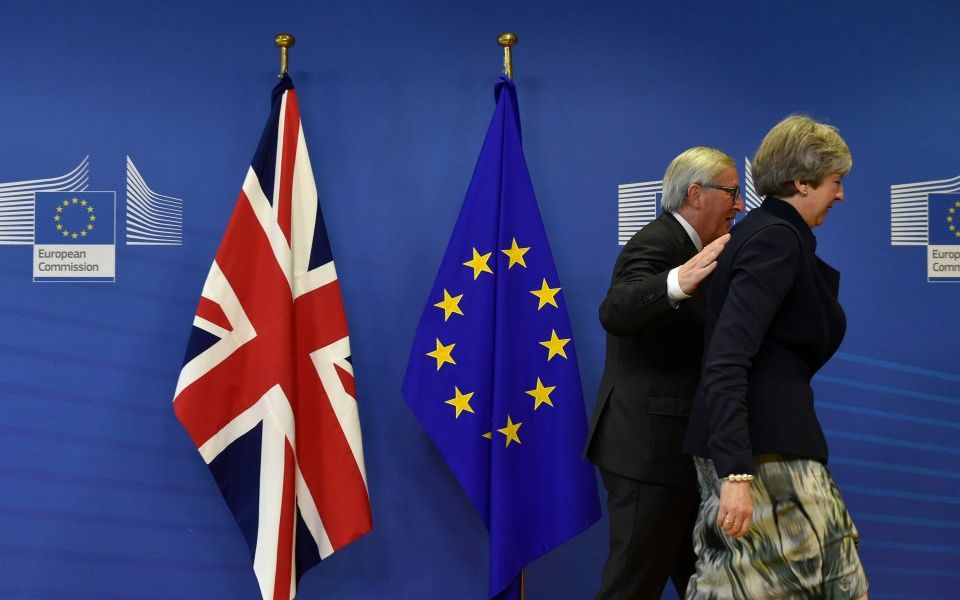DEBATE: Will new non-EU free trade deals offset the potential costs of Brexit to the UK economy?

Will new non-EU free trade deals offset the potential costs of Brexit to the UK economy?
John Longworth, co-chairman of Leave means Leave and former director general of the British Chambers of Commerce, says YES.
Quite apart from the political benefits of Brexit – liberty and self-determination – the economic benefits are vast: better regulation, control over fisheries and farming, the repatriation of our net contribution, and the removal of tariffs which will boost the economy and make food and goods cheaper. With the further advantage of a competitive, post-Brexit currency, exports to the rest of the world will continue to grow.
Trade deals covering tariff and – crucially – non-tariff barriers for goods and services will flourish, renewing our relationships with friends old and new, in the Commonwealth, in Africa, in Asia, and in the Americas. Once again, we will be looking to the globe rather than only to the insular and diminishing a EU.
This is the icing on the Brexit cake. Coupled with the above, our economy will boom by up to seven per cent of GDP, potentially increasing growth by a third every year for 15 years, far outweighing any temporary, short-term disruption.
Read more: A no-deal Brexit should set off alarm bells for the City’s finance firms
Duncan Brewer, partner in retail & consumer goods at Oliver Wyman Labs, says NO.
Brexit will create new red tape costs for imports coming into the UK from the EU customs union, which will exceed any benefits for consumers from new trade deals.
Our research into the impact of Brexit on consumers and businesses debunks the myth that free trade deals will be a solution to rising costs. This shows that businesses will be hit by higher tariffs and regulations on imports – due to increased paperwork, time spent at the border, and customs checks – causing profits to fall.
With new trade deals, we expect businesses to increase their imports from the new, cheaper countries, but the benefits are outweighed by the additional costs, resulting in higher costs for the average household of £134-758 every year.
As prices go up, we expect to see consumers cut back, particularly on non-essentials, such as eating out. The impact on the economy will reflect this tightening of belts – until shoppers can feel more secure in their post-Brexit future, consumer confidence is likely to remain shaky.
Read more: Sterling falls to one-year low as May plays down no-deal Brexit threat